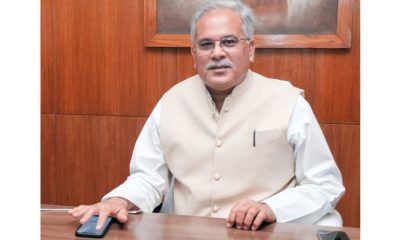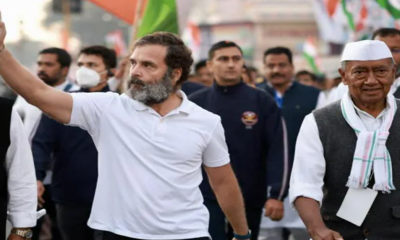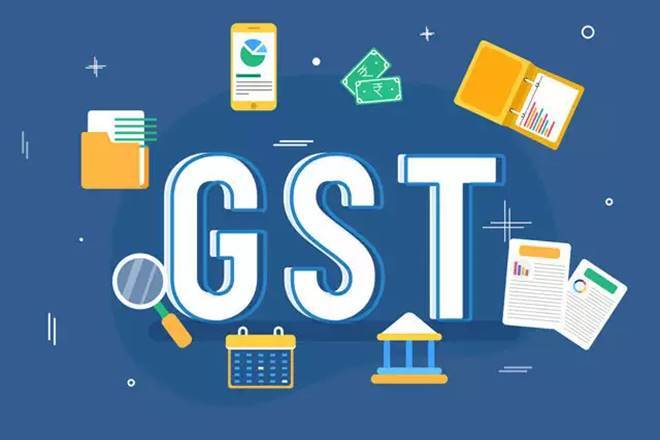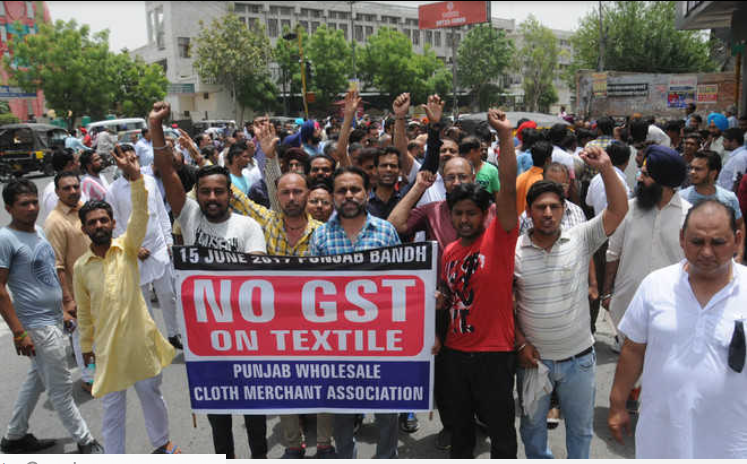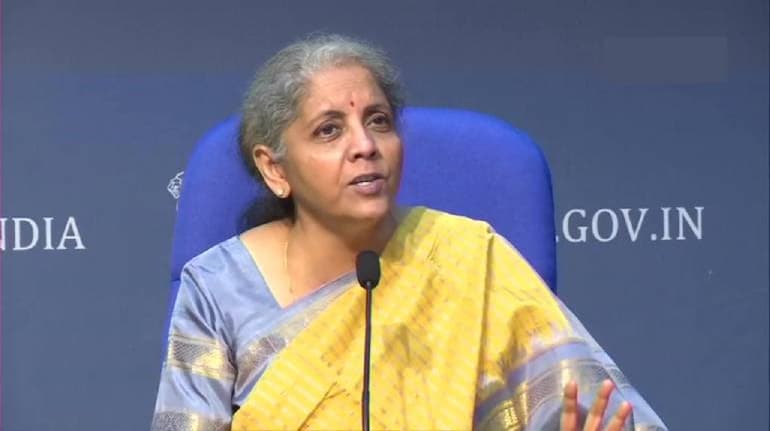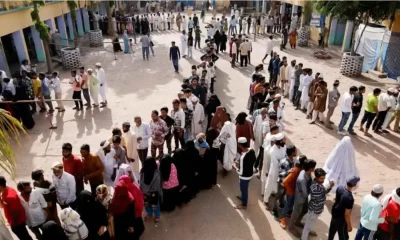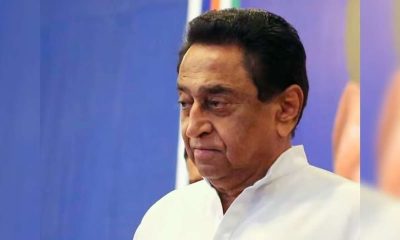Latest business news
GST Council approves e-way bills for transport of goods across states from Feb 1
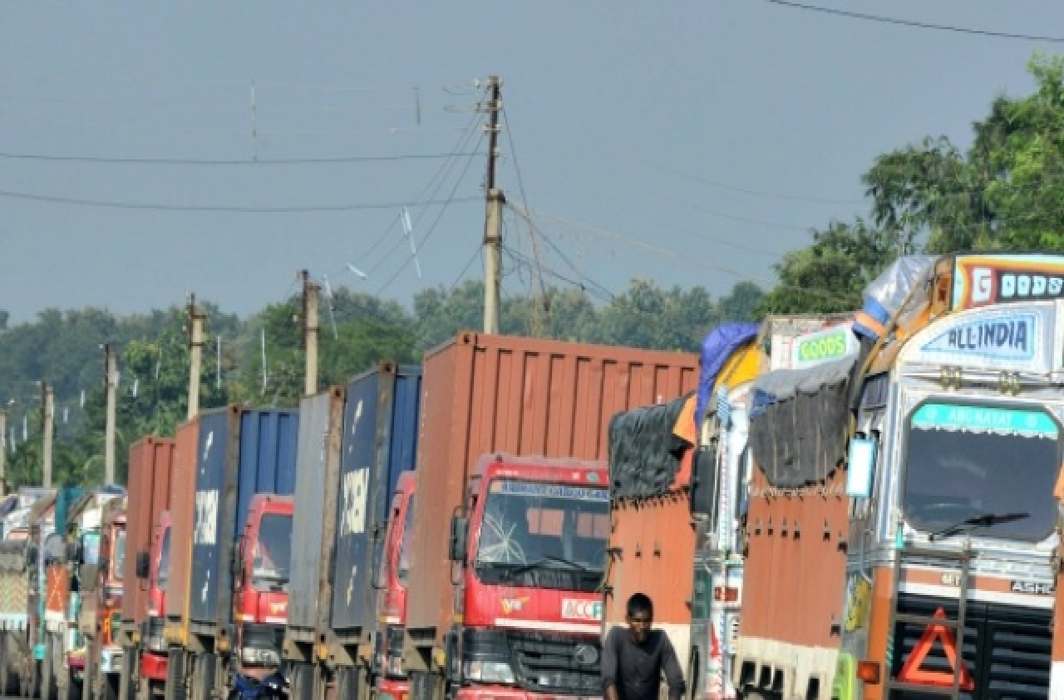
[vc_row][vc_column][vc_column_text]Transporting goods across states is set to become easier with the GST Council approving on Saturday all-India mandatory compliance of electronic-way (e-way) bill.
Compliance of e-way bill for intra-state movement of goods would start from 1 June 2018, according to a media report. The Council fixed 1 February as the compliance date for inter-state movement of goods, said the report citing sources in the panel.
This followed the Union Cabinet decision on Friday to bring in a Bill to replace the Goods and Service Tax (Compensation to States) Ordinance, aiming to compensate states for the loss of revenue due to implementation of GST. For this, it provides for imposition of compensation cess on supplies of goods and services within as well as between states, said media reports.
The Ordinance was promulgated on September 2 to put into effect recommendation of the GST Council, at its 20th meeting held in August, for an increase of 10 per cent to 25 per cent in the maximum rate on certain type of motor vehicles.
As per the Constitution, the Parliament has to approve an Ordinance in its first session held after the promulgation. The government has listed the Bill for introduction in its Parliament business agenda for the next week.
Meanwhile, the GST Council decided to advance compliance with the e-way bill from April 1 to February 1 and trials will begin from January 15, said media reports.
Under the e-way mechanism, all goods worth over Rs 50,000 will have to be pre-registered online before they are moved for sale beyond 10 km.
In an earlier meeting, the Council had decided that e-way bill – an electronic document generated on the GST Network portal – would be introduced in a staggered manner from January 1 and subsequently nation-wide from April 1.
The need to review the rollout timeline stems from revenue shortfall registered last month, said news reports. The GST revenue for October stood at Rs 83,346 crore, the lowest compared to the first three months since the implementation of GST from July 1. It was significantly down from the September figure of Rs 95,131 crore.
Last month, tax rates on several items, ranging from chewing gum to chocolates, to beauty products, wigs, and wristwatches, were cut to provide relief to consumers and businesses. As many as 178 items of daily use were shifted from the top tax bracket of 28% to 18%, while a uniform 5% tax was prescribed for all restaurants, both air-conditioned and non-AC.[/vc_column_text][/vc_column][/vc_row]
Latest business news
Google restores delisted Indian apps after government intervention
Google on Saturday restored all Indian apps it had removed.

Google has started to restore all the delisted Indian mobile apps on Play Store agian, which they had removed due to a disagreement over service fees. After a discussion between company representatives and IT Minister Ashwini Vaishnaw, the decision was made, according to sources.
The step was taken in response to Vaishnaw’s strong statement in which he said that it is not allowed for apps to be removed from the Google Play Store. The minister had said, India is very clear, our policy is very clear…our startups will get the protection that they need.
Vaishnaw continued saying that he has already given Google a call. They will be speaking with the app developers who were delisted this week. This is not acceptable. The minister said this kind of delisting cannot be permitted.
Ten Indian companies’ apps were banned by Google on Friday, causing outrage in one of its fastest-growing markets. With 94% of phones running on its Android platform, Google holds a large portion of the Indian market. Popular names like Naukri and Bharatmatrimony were on the list.
The main point of contention is Google’s in-app purchase fees, which range from 11% to 26%. Indian startups have long opposed the US tech giant’s actions, believing them to be unfair.
The founder of Bharat Matrimony, Christian Matrimony, Muslim Matrimony, and Jodii, Matrimony.com, expressed shock at the matchmaking apps’ removal from the Google Play Store.
Shaadi. Com CEO Anupam Mittal described it as a dark day for India’s internet, highlighting the possible broad effects on matchmaking services. He also called Google an evil.
While, Kuku FM Co-founder Vinod Kumar Meena in a statement had said that Google was behaving like a monopoly.
Meanwhile, Google temporarily withdrew the famous Indian payments app Paytm from the Play Store in 2020, claiming a few policy infractions. Due to this decision, the founder of the company as well as the larger startup community came together to build their own app stores and file lawsuits against Google.
Latest business news
Anant Ambani says he is 100% lucky to get Radhika Merchant in his life
Anant Ambani said he was grateful to get Radhika as his life partner. He said he is 100% lucky to get Radhika Merchant in his life. He said every day he is falling more and more in love with her. He added although he had known Radhika for the last 7 years, it felt he had met her only yesterday. He thanked Radhika for everything.

Anant Ambani and Radhika Merchant’s grand three-day wedding celebrations began with a glamorous cocktail night on Friday in Jamnagar. During the celebrations, Anant Ambani also gave a speech wherein he thanked his late grandfather Dhirubhai Ambani and grandmother Kokilaben Ambani for inspiring him. Anant Ambani said he was grateful to get Radhika as his life partner. He said he is 100% lucky to get Radhika Merchant in his life. He said every day he is falling more and more in love with her.
He expressed his gratitude to his mother for pulling together the lavish three-day wedding celebrations in Jamnagar. Anant thanked his mother for all she had done. He said all the arrangements had been done by his mother and nobody else. He added his mother had gone all out and she had worked 18-19 hours a day and he was extremely grateful to her.
He also thanked all the guests who were present there at the pre-wedding celebrations. He said everyone had made it to Jamnagar to make him and Radhika feel special. He said both of them were honored and humbled to have all of them present there. Anant said he was sorry if they had caused an inconvenience to anyone. He asked for forgiveness. He hoped everyone is going to enjoy the coming three days. He also thanked his mother, father, sister, brother, his sister-law and his brother in-law for making this event memorable.
Anant said everyone has been sleeping for less than 3 hours a day for the last 2-3 months and he was very happy to share this joy with everyone. The youngest Ambani talked about his personal struggles and how his parents had always supported him. He further added his life had not been entirely a bed of roses. He said he had also experienced the pain of thorns. He said he had faced many health crises.
Latest business news
Facebook chief Mark Zuckerberg shares pictures from 2nd day of Anant Ambani and Radhika Merchant pre-wedding celebrations
Zuckerberg shared pictures from the 2nd day of Anant Ambani and Radhika Merchant’s pre-wedding celebrations. In the photograph Mark Zuckerberg can be seen along with his wife Priscilla Chan. The couple is exuding happiness as they prepare for the event. He captioned the picture it is getting wild out here.
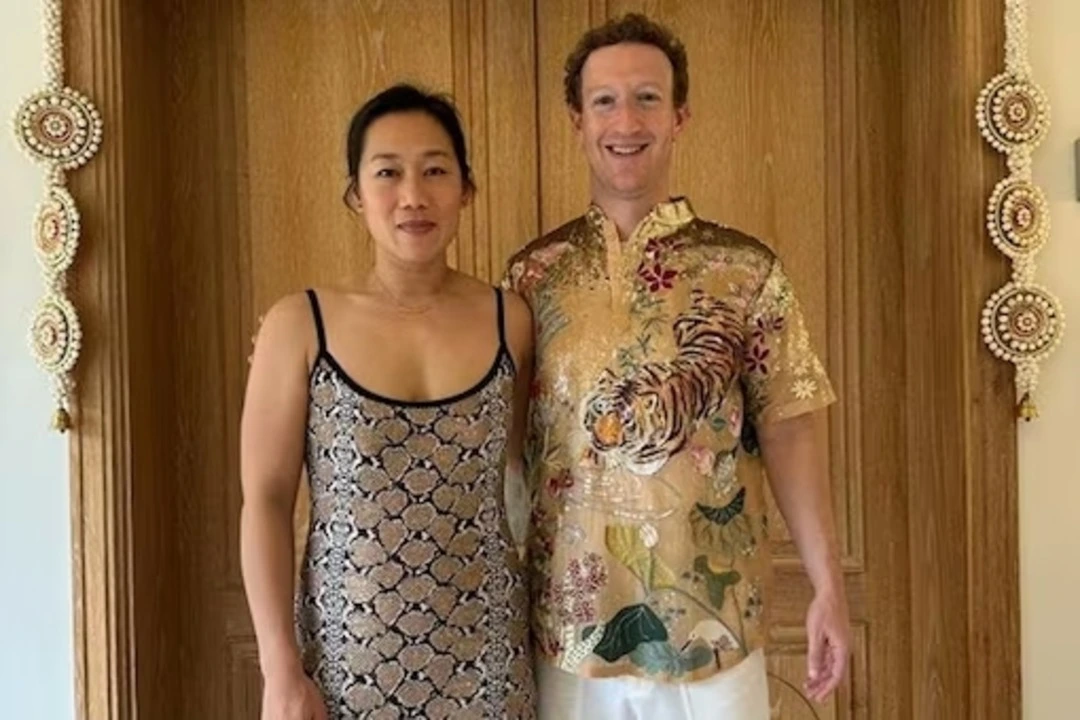
Facebook boss Mark Zuckerberg and wife Priscilla Chan joined the star- studded pre-wedding celebrations of Anant Ambani and Radhika Merchant in Jamnagar on Friday. The event was attended by many prominent figures from different fields. Zuckerberg took to his Instagram handle congratulated the couple and said he loved Indian weddings.
Zuckerberg shared pictures from the 2nd day of Anant Ambani and Radhika Merchant’s pre-wedding celebrations. In the photograph Mark Zuckerberg can be seen along with his wife Priscilla Chan. The couple is exuding happiness as they prepare for the event. He captioned the picture it is getting wild out here.
The theme of the opening day of the pre-wedding celebrations was Evening in Everland as the guests wore cocktail attire. The first day of the grand celebrations elevated the expectations of the guests for the following days. The theme of the 2nd day of the pre-wedding bash is known as a Walk on the Wildside and the guests can be seen in Jungle Fever attire.
Zuckerberg has opted for an animal print shirt with white trousers, Chan is complementing his look in a strappy one piece in black and golden. The Jungle theme is aligned to Vantara, Reliance’s animal welfare initiative undertaken and launched by Anant Ambani a few days back.
International pop star Rihana electrified the pre wedding celebrations on Friday with an amazing performance, marking her debut appearance in India. The chart topping artist engaged the audience with performances of her iconic hits which included Pour it Up, Work and Diamonds.
Zuckerberg graced the opening day, wearing a black-on-black firefly blazer and shoes from Alexander McQueen while his wife Priscilla wore a black gown with gold flower details and other accessories such as dainty chain bracelet, gold necklace and stud earrings. Mark Zuckerberg and wife Priscilla Chan are one of the Power couples invited from the global business community for the festivities currently underway at Jamnagar.
-
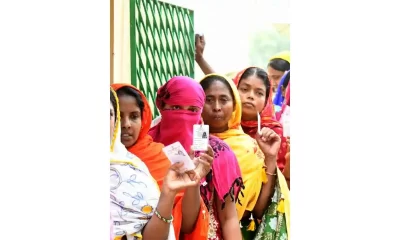
 2024 Lok Sabha Elections15 hours ago
2024 Lok Sabha Elections15 hours agoPrime Minister Narendra Modi urges citizens to vote in record numbers as voting for first phase of Lok Sabha elections begins on 102 seats across India
-

 2024 Lok Sabha Elections13 hours ago
2024 Lok Sabha Elections13 hours agoKamal Haasan, Rajinikanth, Vijay Sethupathi, Dhanush vote in Chennai
-

 2024 Lok Sabha Elections14 hours ago
2024 Lok Sabha Elections14 hours agoLok Sabha elections 2024: Google Doodle marks the start of polls with index finger voting symbol
-

 2024 Lok Sabha Elections13 hours ago
2024 Lok Sabha Elections13 hours agoLok Sabha elections 2024: TMC, BJP workers clash in West Bengal’s Cooh Behar ahead of voting
-

 2024 Lok Sabha Elections12 hours ago
2024 Lok Sabha Elections12 hours agoLok Sabha elections 2024: Newly married couple cast vote in Jammu and Kashmir’s Udhampur, video goes viral
-

 Entertainment10 hours ago
Entertainment10 hours agoDo Aur Do Pyaar social media review: Social media users say Vidya Balan, Pratik Gandhi deliver standout performances in this adorable film
-

 2024 Lok Sabha Elections12 hours ago
2024 Lok Sabha Elections12 hours agoTamil Nadu BJP chief K Annamalai says party will sweep Karnataka and emerge victorious in Telangana, accuses DMK, AIADMK of influencing voters in Coimbatore
-

 Entertainment12 hours ago
Entertainment12 hours agoYami Gautam starrer Article 370 releases on Netflix today

